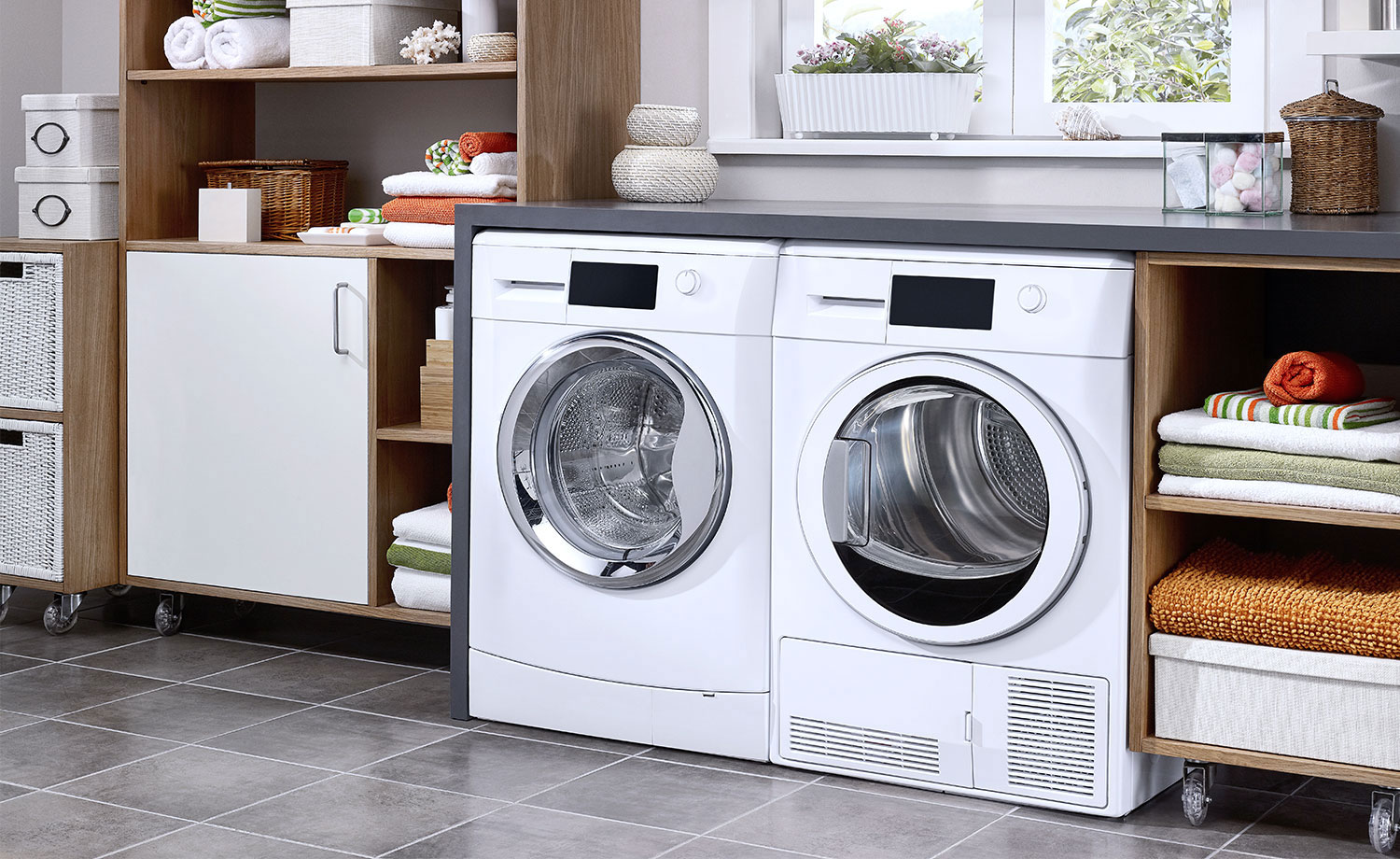
Propane Appliances Run Smarter and Last Longer
When you're building a new home or office building, you want to set up future owners and tenants for success.
Propane burns clean and combusts almost fully, so it wastes less energy and puts less stress on appliances. Ultimately, this can lead to less maintenance and a longer appliance lifetime1.
By installing propane systems and propane appliances—for heat, cooking, water heat, laundry, and more—you can create a property that's good for the environment, attractive to the market, and better for anyone who's using them.
Meet the demand for sustainability with propane.
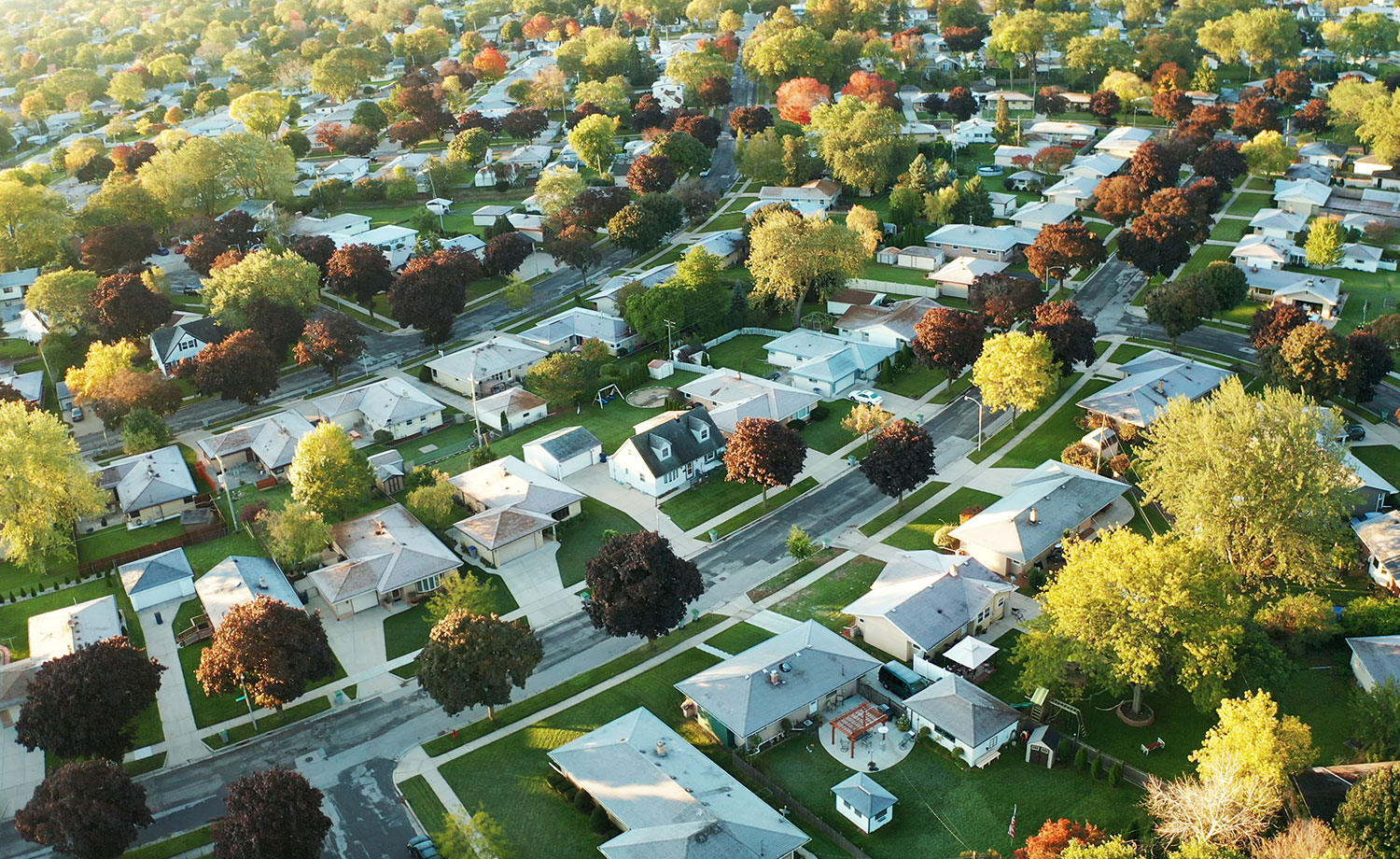
Comparing Propane Appliances to other Energy Sources
From combined heat and power to specialty appliances like propane fireplaces, propane patio heat, and propane cooking appliances, you can easily run an entire home or commercial building on propane—and see significant savings when you do.
As a small sample, let's compare propane furnaces to electric heat pumps for building heat. Here's how propane stacks up:
- Electric heat pumps emit over three times the sulfur oxides that even baseline models of propane furnaces do3. High-efficiency models of propane furnaces cut emissions even further.
- Propane furnaces heat quickly, releasing hotter air in shorter bursts to reduce operating costs over electric heat pumps.
- Propane furnaces, on average, last 5 to 10 years longer than electric heat pumps.
- Since you can use propane without access to an electrical outlet and use it even when the power is out, propane delivers more reliable power where and when electric heat pumps can't4.
Uses for Propane in Residential Builds

Propane Furnaces
Propane home heat is efficient, effective, and environmentally friendly.
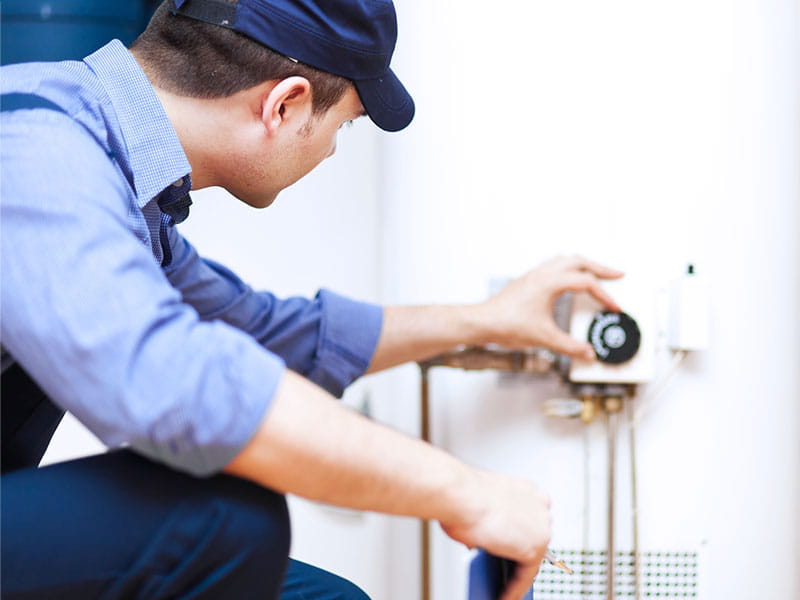
Propane Water Heaters
Heat more water, faster with propane water heaters. Go tankless to see higher efficiency and longer equipment lifetime.

Propane Cooking Appliances
Prepare meals like the professionals, with instant, precise, and predictable heat that's evenly dispersed.
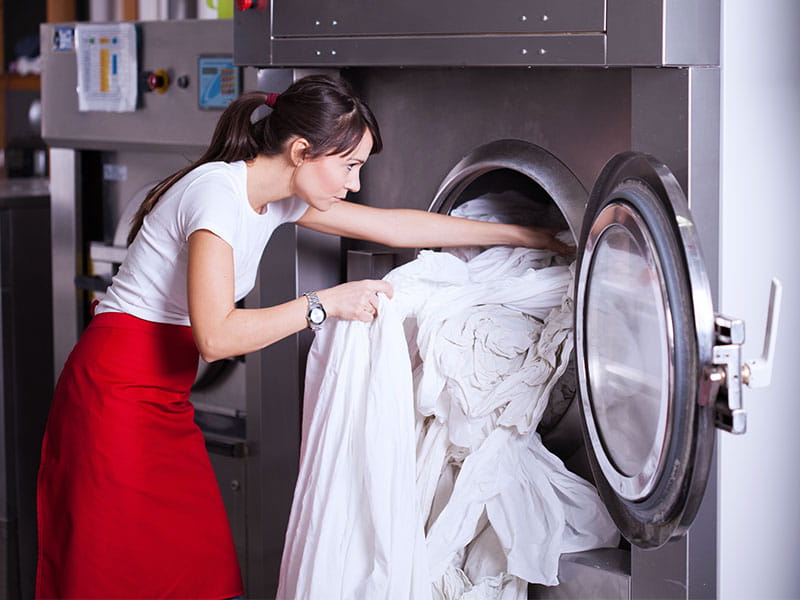
Propane Clothes Dryers
Propane dryers get loads dry quicker and emit less carbon dioxide, all while using less energy.
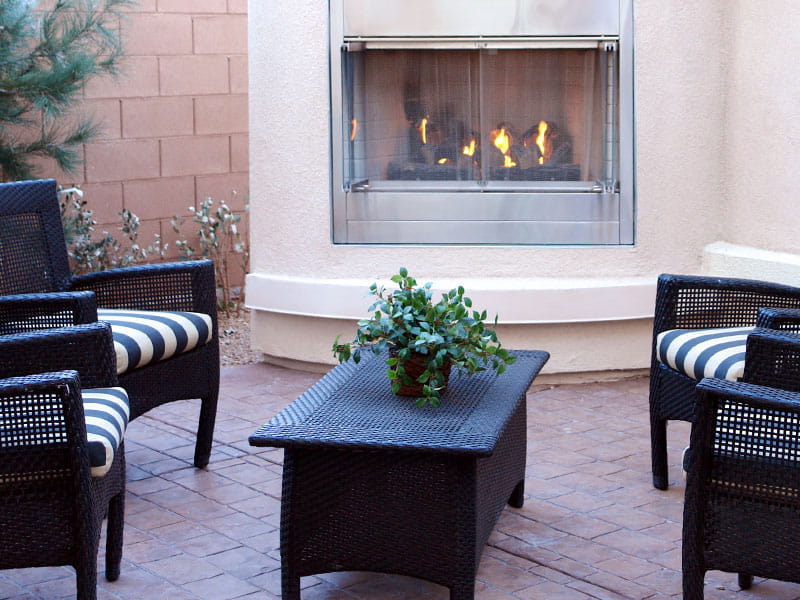
Propane Fireplaces
Add warmth and ambiance to a home without the hassle of soot, wood, or high energy bills.
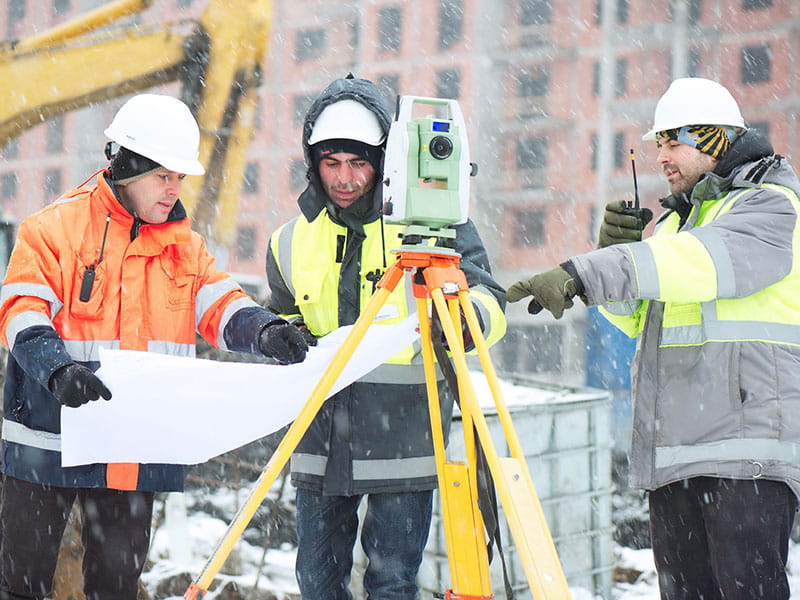
Propane Heaters
Nix drafty areas and cold spots with a boost of even, efficient warmth from propane space heaters.
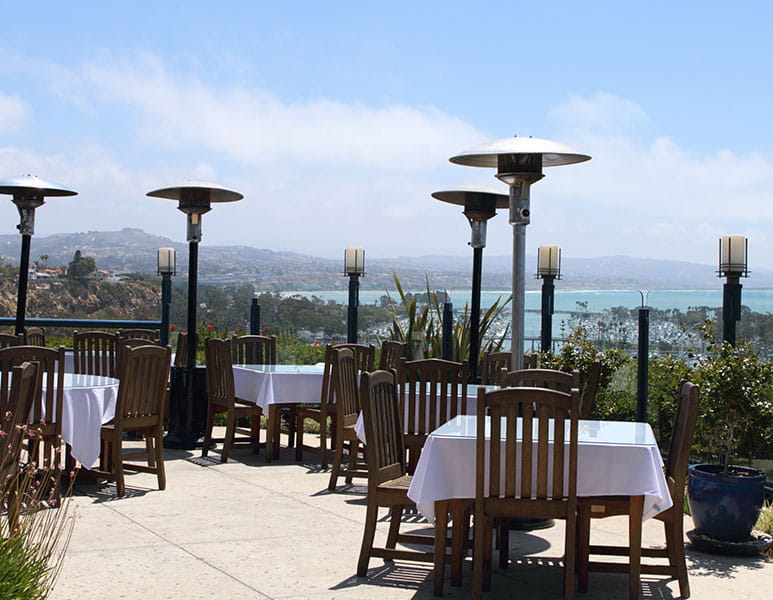
Propane Patio Heaters
Get more out of your outdoor spaces in any season. Propane patio heaters can increase ambient temperature by 10 degrees.

Propane Grills and Outdoor Kitchens
Outdoor kitchens offer more options to entertain with propane-powered pizza ovens, rotisserie, griddles, grills, and more.
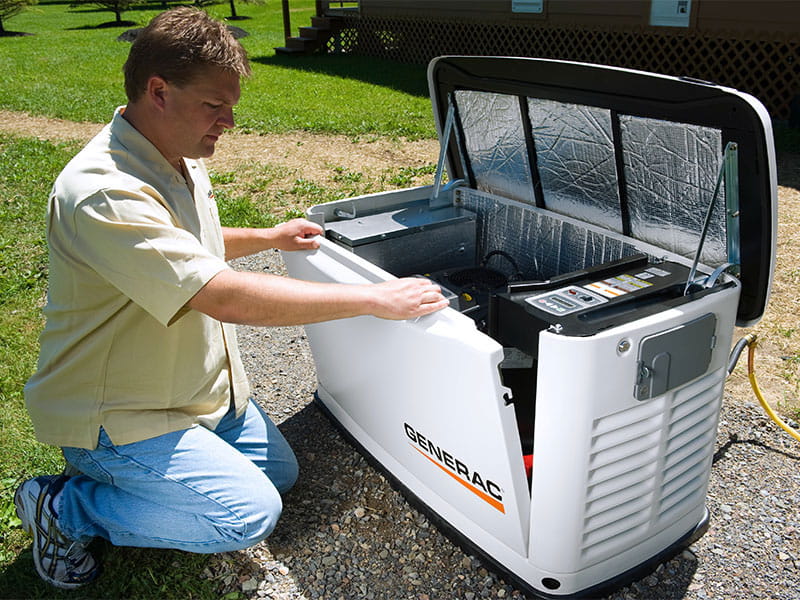
Propane Generators
When the grid goes down, propane steps up. Propane power generators are an excellent, reliable backup power source when emergencies arise.
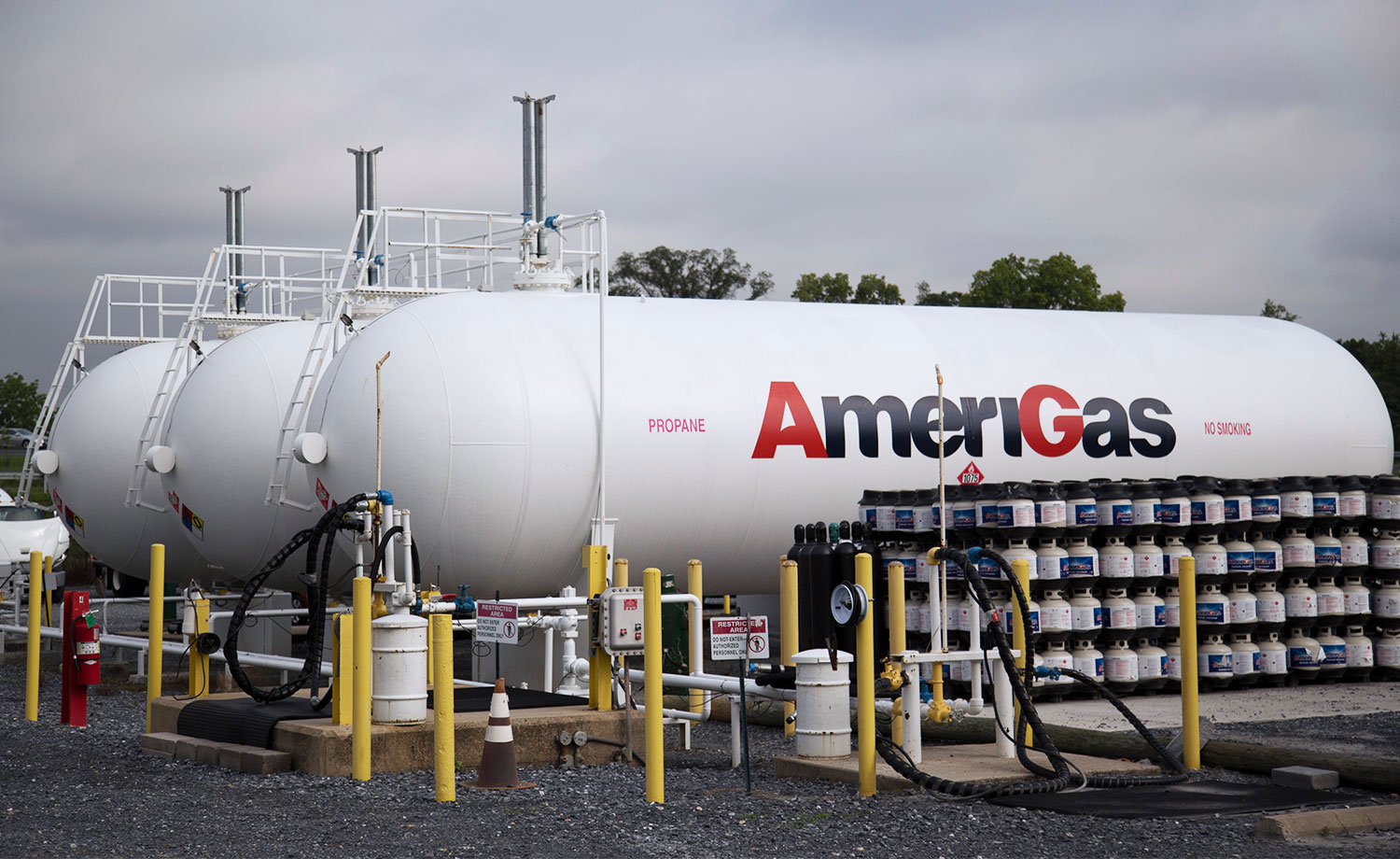
Propane Tank Sizes for any Development
When it comes to installing a propane system, there are a range of tank sizes and installation options to choose from. If you're planning to run propane CHP (combined heat & power) for a large commercial building, you'll need a larger tank size than a home using propane for cooking and home heat. Explore tank sizes, uses, and installation options, and work with an AmeriGas expert to determine the best approach for your needs.

